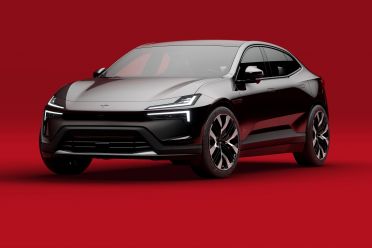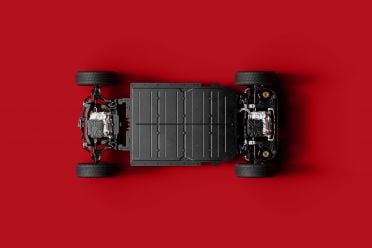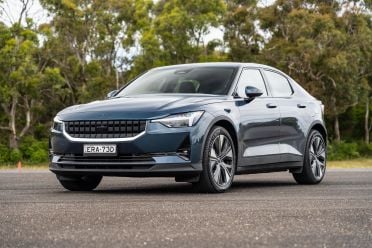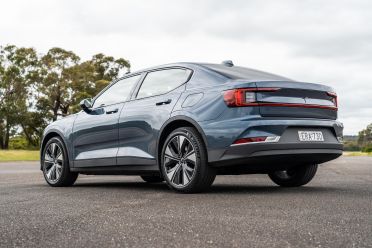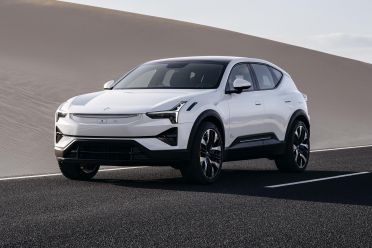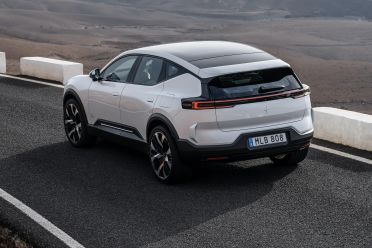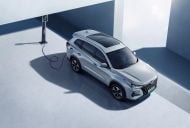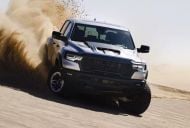Rising raw material prices have made electric car batteries more expensive to produce than expected of late, but they’re not expected to last forever.
CEO of electric-only brand Polestar, Thomas Ingenlath, told Australian media we’re seeing the “first sign” material prices are starting to cool.
“It’s a very classic market function where you have the equation of demand and supply, and where… demand exceeds supply you see prices increasing in a very natural way,” the German executive said.
“This will balance out again because, let’s face it, when electric cars become too expensive demand will simply go down.”
Mr Ingenlath said prices may have peaked at the end of 2022, with material prices “getting a bit more in the right direction” through the early stages of 2023.
A 2022 report from research company BloombergNEF showed the cost of EV battery packs rose last year for the first time since 2010, and predicted prices would keep climbing until 2024.
“The upward cost pressure on batteries outpaced the higher adoption of lower cost chemistries like lithium iron phosphate (LFP). BloombergNEF expects prices to stay at similar levels next year, further defying historical trends,” the research firm said.
Battery pack prices were cheapest in China at $127/kWh ($A190). Polestar is owned by Chinese giant Geely, and builds its range of electric vehicles in China.
“Raw material and component price increases have been the biggest contributors to the higher cell prices observed in 2022,” said BNEF energy storage associate and lead author of the report, Evelina Stoikou.
Despite the increasing cost of lithium-ion battery packs, the price of electric cars in Australia is dropping.
The best-selling Tesla Model 3 and Model Y received multiple price cuts throughout 2023 so far, and a range of more affordable electric cars from China is starting to roll out.
The current cheapest EV in Australia is the GWM Ora, priced from $43,990 before on-road costs, although we’re expecting BYD to undercut it when the Dolphin electric hatch touches down.





